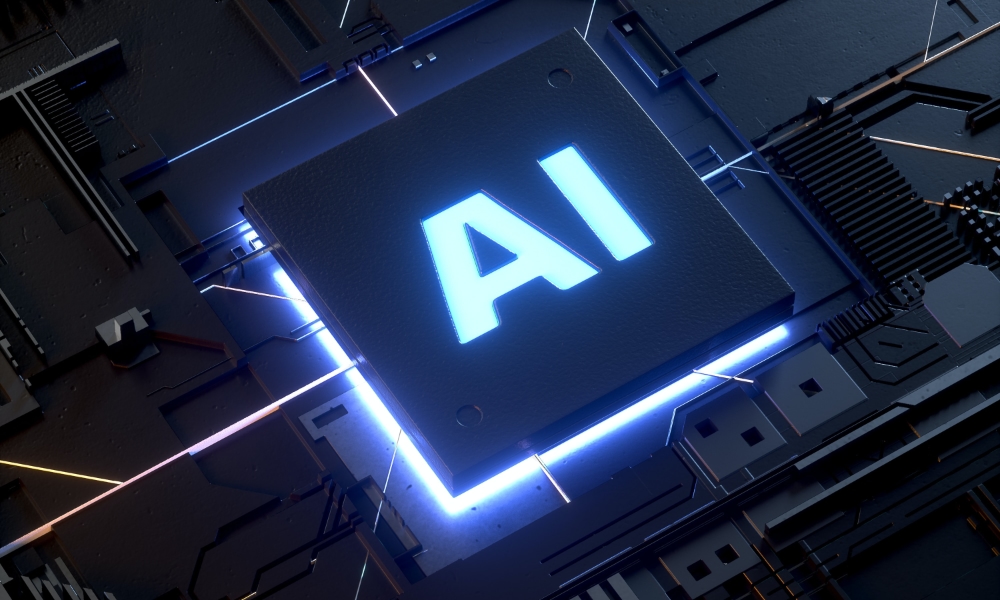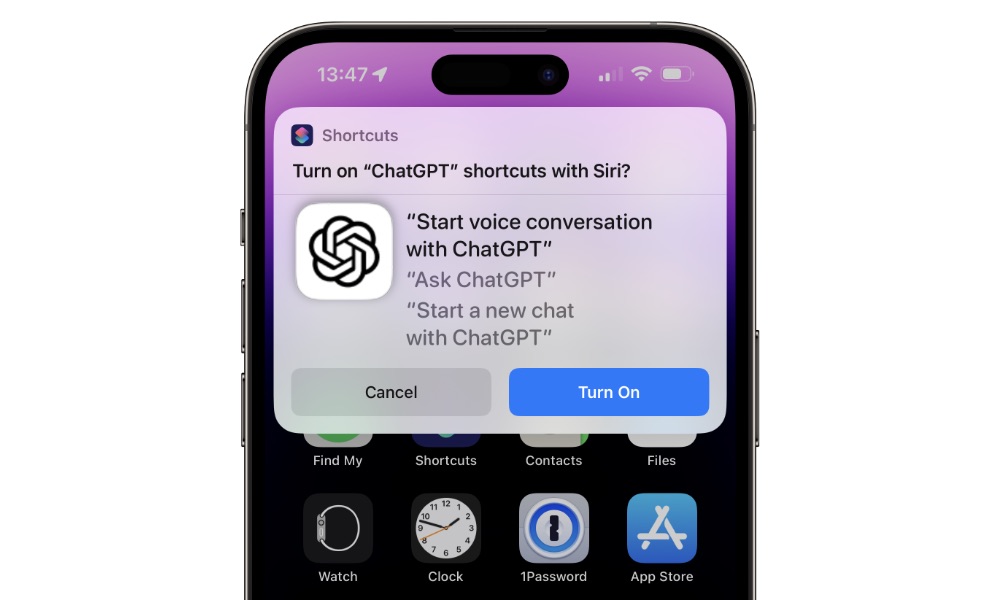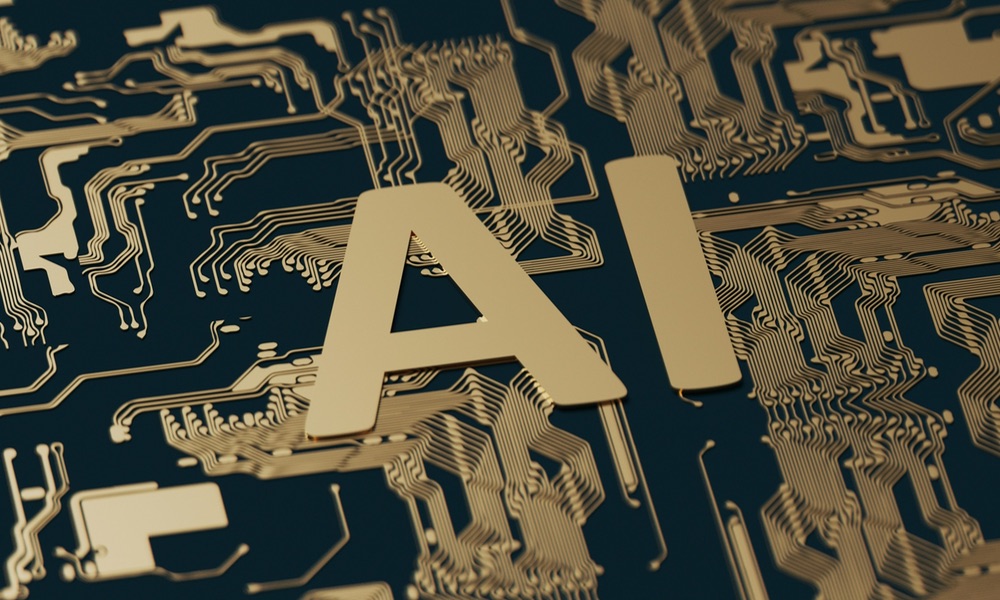Apple May Label Some iOS 18 AI Features as ‘Beta’ — But That Just Means It’s Being Honest
 Credit: Unsplash
Credit: Unsplash
Toggle Dark Mode
Over the past two years, we’ve seen a generative AI craze like never before, as new AI models promise to revolutionize how we write emails, create images, search the web, and more.
With all this going on, it’s tempting to think Apple is behind the curve. After all, ChatGPT and Google Gemini (nee Bard) provide more natural language conversations, and the Google Pixel 8 and Samsung Galaxy S24 lineups already have clever generative AI features that can help edit photos, summarize notes, and search out objects on the web.
Meanwhile, Siri hasn’t exactly stayed current when it comes to its ability to handle the kind of queries that people typically like to use voice assistants for. It’s not that Siri doesn’t have its uses — I find it works reasonably well if you know how to talk to it and stay within its limits — but it’s been losing ground to Amazon Alexa and Google Assistant for years when it comes to ferreting out information from the web at large. That’s an ironic twist, considering Siri has been around significantly longer than its competitors.
So, it’s not a big surprise that everyone is hoping for some significant improvements in iOS 18. If the rumors we’ve been seeing are accurate, there’s a good chance that we’ll see Apple show off at least some of these improvements two weeks from now when it takes the stage at its Worldwide Developers Conference (WWDC) to unveil iOS 18 and the rest of its next-generation operating systems.
For example, we’ve already heard that Apple is in discussions with Google and OpenAI about licensing some of their generative AI technology. It’s unclear where things are with Google Gemini, but recent reports suggest Apple could be nearing a deal with OpenAI to incorporate ChatGPT-like tech into Siri — something that might even be announced at WWDC next month.
However, Apple’s ambitions likely go beyond Siri. When asked in recent months, CEO Tim Cook has always been quick to point out that Apple bakes AI into everything it does, and he’s right; iOS has had some clever AI features for years, from identifying faces and objects in photos to the Live Voicemail and Personal Voice features in iOS 17. However, many folks miss how much those rely on AI simply because they’re not generative AI tools — they use machine learning more quietly behind the scenes.
While we’re unlikely to see a full ChatGPT implementation on the iPhone — there’s already an app for that, after all — there have been reports that iOS 18 will add AI-powered transcription and summaries to the Voice Memos and Notes apps, the latter of which will also gain voice recording capabilities. We may also see AI make an appearance for image enhancement and editing in the Photos app and playlist creation in the Music app.
‘Beta’ AI Features
Don’t be surprised if Apple decides to slap a “beta” label on some of these new features, hinting that they’re not quite ready for prime-time, suggests Bloomberg’s Mark Gurman.
But even now, there are signs that the company’s AI initiative is a work in progress. Apple is considering marketing the capabilities as a preview (at least in developer beta versions before a formal launch in September), indicating that the technology isn’t yet fully baked.
That would be an inauspicious move, especially when you consider Apple’s history. Siri launched as a beta test in 2011, and — given its struggles keeping up with the competition — arguably still feels like one.Mark Gurman
Apple can be pretty circumspect when it comes to using the “beta” label. As Gurman points out, Siri was considered “beta” in its early stages, but so was Apple’s iCloud Photos when it first launched in 2014. The Stolen Device Protection feature launched in iOS 17.3 is also still considered a “beta.”
In other words, we shouldn’t read too much into this. That’s especially true considering the state of generative AI; Apple labeling its AI features as “beta” doesn’t mean it’s behind on generative AI — it just means the company is being honest.
None of today’s generative AI tools are ready for prime time. Some, like image generation, will produce acceptable results, but on the other end of the spectrum, we have Google’s “AI Overview” in search results, which are nothing short of daft. That’s what comes from cataloging all of the world’s stupidity and feeding it into a generative AI engine.
Everyone is still playing catchup in one area or another, and Apple is only behind because it hasn’t launched any explicitly “generative AI” features yet. However, that’s just how Apple rolls. While Google and Samsung are content to release half-baked solutions for all the world to see, Apple plays its cards much closer to the vest, preferring to wait until it’s worked out many of the bugs.
While that strategy works for some things, it’s been Apple’s Achilles heel for others. There’s only so much internal testing you can do, and eventually, you need to involve the larger world to get a sufficient data sample to work out the kinks. The best example of that was Apple Maps, but we could see the same thing with generative AI.
Still, Apple’s generative AI may have to live with training wheels at launch, but those could come off sooner than we think. As Gurman points out, Apple is in a better position than any other company to become “the biggest AI player overnight.”
The big question is whether it really matters that Apple is playing catch-up here. The company has one advantage that few rivals can match: its massive base of users.Mark Gurman
With over a billion Apple devices that will support these AI features when iOS 18 launches, Apple will have the opportunity to glean significant amounts of feedback to tune and adjust things. Even with its strong stance on privacy, plenty of anonymized data can be used to help tweak its AI models. Apple will almost certainly provide a way for folks to opt out of any data collection or analytics related to generative AI, but these things are typically on by default, often included in a catch-all “Share Data With Apple” prompt during setup, which means most folks won’t give them a second thought.
Not all AI training is about learning information; much of it is simply analyzing more basic data like response times, types of queries, and which features are most popular and should be a priority in future releases.
[The information provided in this article has NOT been confirmed by Apple and may be speculation. Provided details may not be factual. Take all rumors, tech or otherwise, with a grain of salt.]









